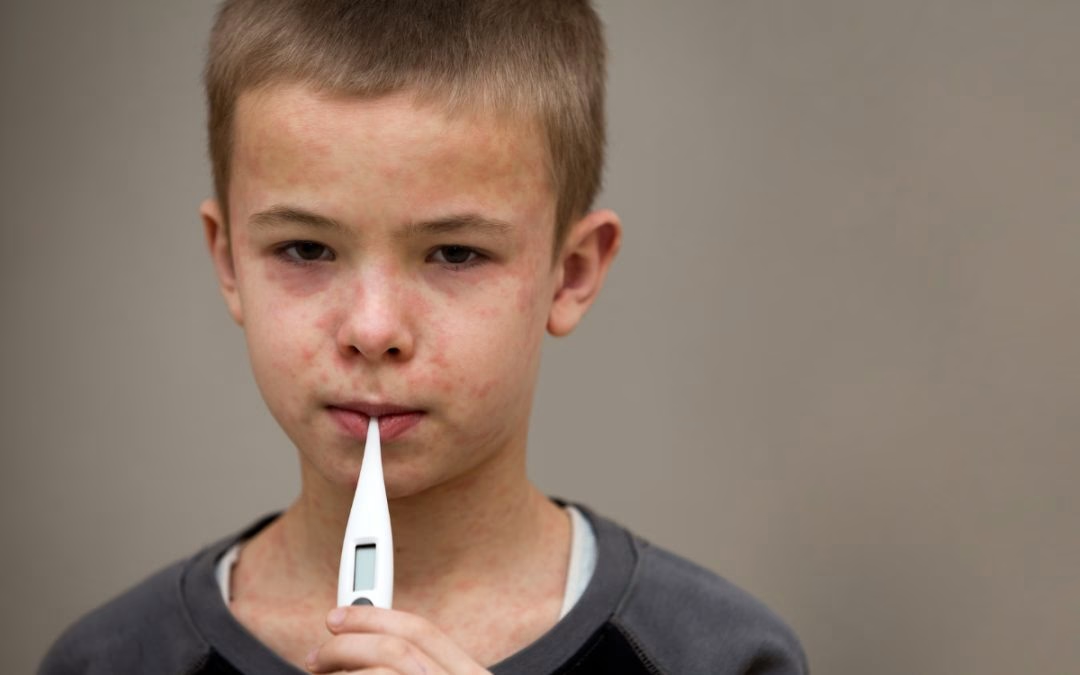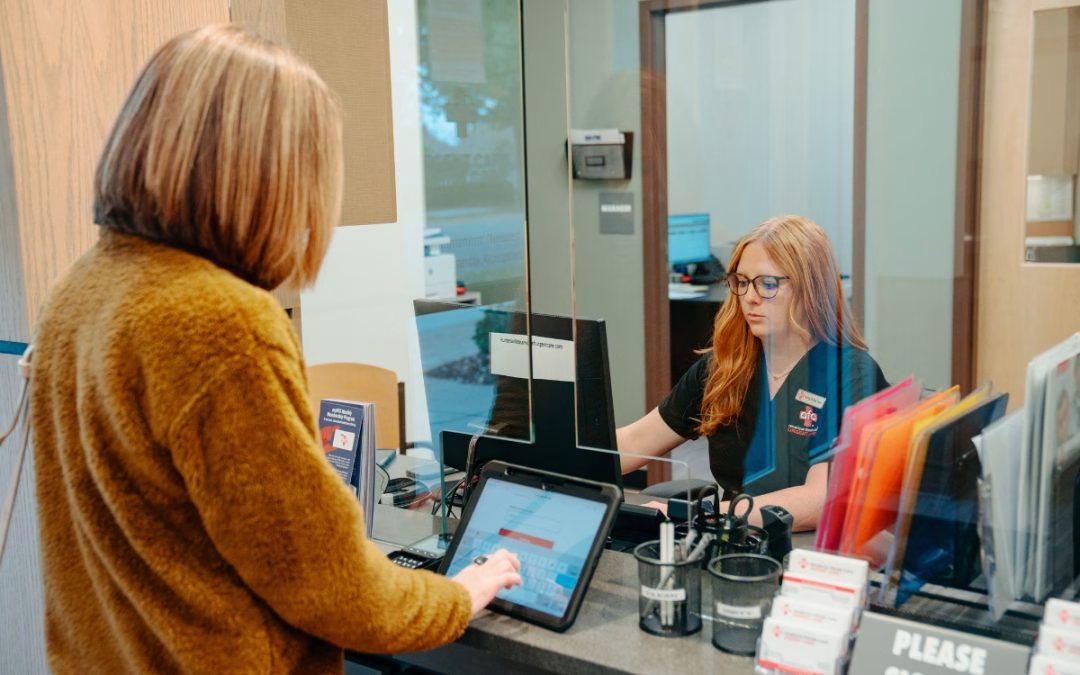
As the days grow warmer and the streets of SW Charlotte fill with families visiting local spots like the beloved The Olde Mecklenburg Brewery, the sense of community is stronger than ever. Yet, a concerning public health issue is quietly making its way across the nation: measles. This highly contagious viral disease is spreading in various parts of the U.S., leaving many asking the question: Is measles making a comeback? With the rise in cases and a shift in vaccination coverage, it’s essential to understand what measles is, why it’s reappearing, and how we can protect ourselves and our families.
What is Measles?
Measles, also known as rubeola, is a viral infection that primarily affects the respiratory system. It spreads quickly and easily, often through airborne droplets from coughing or sneezing, but can also spread through direct contact with an infected person. What makes measles particularly dangerous is how contagious it is, an infected person can spread the virus even before showing symptoms, making it harder to identify and contain early.
Symptoms typically appear 7–14 days after exposure, and include:
- High fever (often above 101°F)
- Cough, runny nose, and red eyes (also known as the “3 C’s”)
- Koplik spots, which are tiny white spots inside the mouth that appear before the rash
- A red, blotchy rash that starts on the face and spreads downwards 3–5 days after the fever
While measles can appear to be a simple illness, it can cause severe complications, especially in children, pregnant women, and individuals with weakened immune systems. These complications include pneumonia, brain swelling (encephalitis), and even death.
Why is Measles Making a Comeback?
Despite being declared eliminated in the United States in 2000, measles is showing signs of resurgence. The primary reason for this is declining vaccination rates. Due to factors like vaccine hesitancy, misinformation, and disruptions caused by the COVID-19 pandemic, vaccination coverage has dropped in several areas.
When vaccination rates fall, the population’s immunity weakens, and diseases like measles have an opportunity to spread rapidly. A single case of measles can lead to outbreaks, especially in communities with low vaccination rates. In fact, up to 90% of unvaccinated individuals in close proximity to an infected person can contract the virus.
The outbreaks currently taking place in states like Texas, Oklahoma, and New Mexico have already surpassed the total number of cases in the U.S. for all of 2024, and health officials are concerned that these numbers will continue to rise. This trend is not only limited to the U.S.; international travel has also been a factor in the spread, with measles cases appearing across borders.
How Does Measles Spread?
Measles spreads very easily, and because of its contagiousness, even brief exposure in places like shopping malls, schools, or public parks can lead to transmission. Here’s how it spreads:
- Airborne transmission: The virus can remain in the air for up to two hours after an infected person leaves a space.
- Contact with infected surfaces: The virus can live on surfaces for several hours, making it easy to catch by touching a contaminated object and then touching your face.
- Direct contact: Measles can also be spread by touching an infected person or their belongings.
Preventing Measles: How Can We Protect Ourselves?
The good news is that measles is highly preventable through vaccination. The MMR vaccine (measles, mumps, rubella) is the most effective defense against measles. When two doses of the MMR vaccine are received, the vaccine is about 97% effective in preventing measles.
- First dose: Typically given at 12–15 months of age
- Second dose: Given at 4–6 years old
In addition to vaccination, hygiene measures like frequent handwashing, wearing a mask, and disinfecting high-touch surfaces can further reduce the risk of measles transmission.
If you suspect that you or your child might have measles, it’s important to:
- Contact a healthcare provider immediately
- Isolate the infected person at home to prevent further spread
- Stay home for at least 10 days until the patient is no longer contagious
At AFC SW Charlotte, we understand the importance of protecting our community. That’s why we offer MMR vaccinations and can review your or your child’s immunization records to ensure you’re up to date. Whether you’re coming in for routine vaccinations or need advice on potential measles symptoms, our skilled healthcare providers are here to help.
Other Illnesses that Can Mimic Measles
Sometimes, other illnesses can show similar symptoms to measles. These include:
- Rubella (German measles): A faster-spreading rash with swollen lymph nodes
- Roseola: Rash appears after a high fever breaks
- Scarlet fever: Known for its rough rash and “strawberry tongue”
- Fifth disease (parvovirus B19): A distinctive “slapped cheek” rash on the face
If you or your child experience these symptoms, it’s essential to seek an accurate diagnosis to ensure proper treatment.
How AFC SW Charlotte Can Help
At our clinic, we are committed to providing quality care to our community, including vaccinations and treatment for various illnesses. We offer MMR vaccinations to help ensure that your family stays protected from measles and other vaccine-preventable diseases.
Our healthcare providers are available to review your immunization records, answer your questions, and provide timely care without the wait. Whether you’re coming in for a routine check-up or need immediate assistance, we are here for you.
The Importance of Vaccination
The recent rise in measles cases serves as a stark reminder of the power of vaccination in protecting not just individuals, but entire communities. With early recognition, swift action, and proper preventive measures like the MMR vaccine, we can help halt the spread of this dangerous disease.
By staying informed and ensuring you and your family are up to date on vaccinations, you can protect your loved ones and contribute to the overall health and safety of the Southwest Charlotte community. Let’s work together to keep our community healthy and safe.
If you need an MMR vaccination or have any concerns, don’t hesitate to visit AFC SW Charlotte, we’re here to help! Visit us today.


